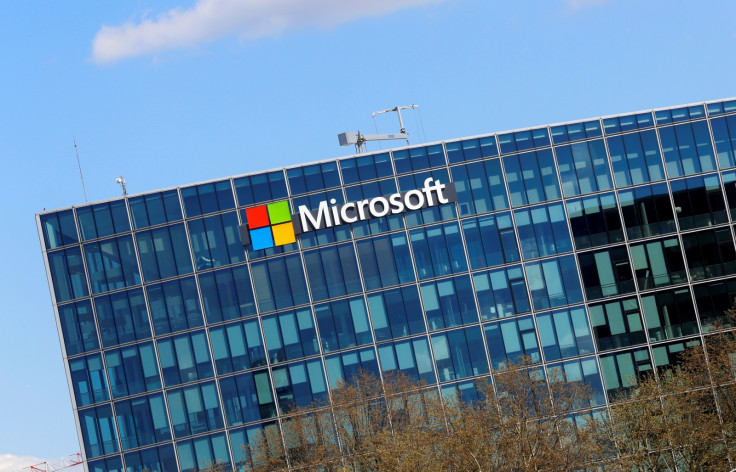Microsoft bets big on quantum computers
The company has hired two prominent leaders in the field of quantum computing to work on the project.

Microsoft is strengthening its focus on building scalable quantum computers by using a topological qubit.
Microsoft executive Todd Holmdahl will lead the team to create quantum hardware and software. He believes the company's long-term investment in the field of quantum research has been fruitful.
"None of these things are a given," Holmdahl said in a company blog post. "But you have to take some amount of risk in order to make a big impact in the world, and I think we're at the point now that we have the opportunity to do that."
The company has hired two prominent leaders in the field of quantum computing namely, Leo Kouwenhoven and Charles Marcus to work on the project.
While Marcus is a professor at the Niels Bohr Institute at the University of Copenhagen and director of the Danish National Research Foundation-sponsored Center for Quantum Devices, Kouwenhoven is a professor at Delft University of Technology in the Netherlands. He was also the founding director of QuTech, the Advanced Research Center on Quantum Technologies.
The duo have been working with Microsoft's quantum team for years. They said that joining Microsoft ensures that their breakthroughs could help create a scalable quantum computer.
Microsoft also plans to add two more leaders to the team – Matthias Troyer and David Reilly. The former is a professor of computational physics at ETH Zurich in Switzerland, and Reilly is an experimental physicist and director of the Centre for Quantum Machines at the University of Sydney in Australia. The latter leads a team of physicists and engineers working on scaling up quantum systems.
Microsoft is looking at creating tools that could be used by scientists – without a quantum background – to solve difficult problems. By doing so, the team believes that it would help usher in a "quantum economy" that could improve industries such as medicine and material science.
What is a topological qubit?
Microsoft's concept of a quantum computer is based on a type of qubit or unit of quantum information called a topological qubit.
According to the company, "Qubits are the key building block to a quantum computer." Using these qubits, researchers believe quantum computers can process multiple solutions to a problem at the same time quickly.
The Microsoft team also believes that topological qubits would be able to withstand heat and electrical noise. "A topological design is less impacted by changes in its environment," Holmdahl said.
Along with building a quantum computer, the company is also creating the software to run the computer.
"Similar to classical high-performance computing, we need not just hardware but also optimized software," Troyer said.
Using effective quantum hardware and software, experts claim that they can create computing power to address most processing problems, ranging from climate change to medical challenges.
© Copyright IBTimes 2025. All rights reserved.





















